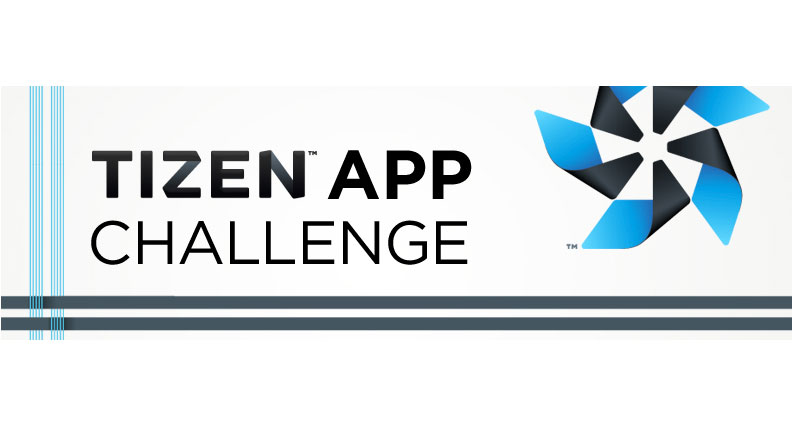Samsung and Intel not giving up on Tizen with $4 million app incentive
Big cash prize up for grabs

While Samsung is clearly focused on the Android ecosystem at its core with the likes of the Galaxy S4 and Galaxy Note 3 arriving this year, it hasn't forgotten about the feature-smartphone hybrid Tizen.
Samsung ditched its home-brew feature phone OS, Bada, a while back as it looked to merge its efforts with Intel to further develop the Tizen platform - although it's all been pretty quiet on this front thus far.
But Tizen's back with a brand new rap - well a cash incentive anyway, as a huge prize pot of $4 million (around £2.7 million, AU$4.3 million) has been pooled by Samsung and Intel in a bid to attract app developers to the platform.
Show me the money
There a various categories into which apps can be submittted, with the top prize in each "game" category totalling a healthy $200,000 (around £135,000, AU$218,000), with two runners-up prizes of $100,000 (around £67,000, AU$109,000) and then a further three $40,000 (around £27,000, AU$43,000) cash pots to be had.
Meanwhile developers who enter applications into the "non-game" categories will be jostling for a $120,000 (£80,000, AU$130,000) jackpot in each section, with runners-up prizes totalling $60,000 (£40,000, AU$65,000) and $20,000 (£13,000, AU$22,000).
To get on-the-spot news, app tips and the full lowdown on Samsung's latest mobile announcements check out Samsung's
Get daily insight, inspiration and deals in your inbox
Sign up for breaking news, reviews, opinion, top tech deals, and more.
on TechRadar.
Developers have until November 1 to submit their applications, but it won't be until quite some time after that until we find out if the cash incentives have done enough to get people on board and make Tizen an attractive proposition to consumers. The wait goes on.
From Tizen via AndroidCentral

TechRadar's former Global Managing Editor, John has been a technology journalist for more than a decade, and over the years has built up a vast knowledge of the tech industry. He’s interviewed CEOs from some of the world’s biggest tech firms, visited their HQs, and appeared on live TV and radio, including Sky News, BBC News, BBC World News, Al Jazeera, LBC, and BBC Radio 4.